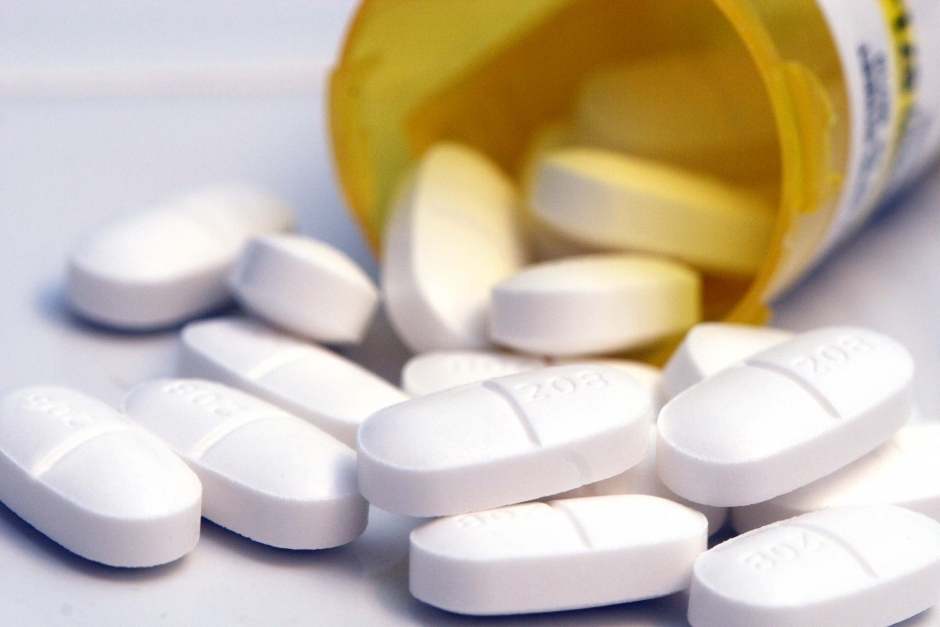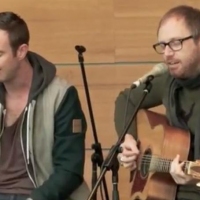 Catching the Tram from Beaufort St to Fitzroy Pt. 2 Don't worry, I haven't forgotten about these.
Catching the Tram from Beaufort St to Fitzroy Pt. 2 Don't worry, I haven't forgotten about these.

The New 'B-word' in Pop Culture
What do Amanda Bynes and Vincent van Gogh supposedly have in common?
The one I'm thinking of isn't either of the words Breaking or Bad. It's not blog (although we like those anyway). It's not even Benedict Cumbersherlockholmesabatch (thanks for that one, Troy!). It's bipolar.
Seems we're hearing it more and more often these days, so what actually is it? Bipolar disorder is an affective condition which was once termed 'manic depression'. It causes severe highs and lows – known as mania (or hypomania, depending on severity) and depression respectively. Though it's a serious mental illness, bipolar disorder has been speculatively linked to remarkably high creative talent in individuals who struggle with it. The list of past and present celebrities who fit this description is a long one – Demi Lovato, Scott Weiland, Catherine Zeta-Jones, Kurt Cobain, Jack Irons, Ben Stiller, Carrie Fisher, Stephen Fry and Marilyn Monroe all being among those who've carried the diagnosis.
Not too long ago, a number of sources reported Amanda Bynes had been formally diagnosed with bipolar disorder while being treated at UCLA Medical Centre, aiding in understanding her previous erratic behaviour. News of this, along with other celebrities being open about their own mental health struggles, contributed to openness about the issue amongst a wider audience with the aim of reducing stigma - after all, the influence of celebrities and the media is not a futile one. There are no doubts that the term bipolar is still often ignorantly and obliviously thrown around, but that doesn't serve as justification to dismiss actual cases of the disorder as a trend or fashion accessory (as explained here by rethink.org).

If there has been a seeming increase in bipolar spectrum diagnoses, what might be contributing to it? The influence of the pharmaceutical industry could be a factor. This isn't to say that there aren't people with genuine mental health issues, but cosmetic psychiatry is 'in' to a disturbingly high level – prescriptions for adults in the UK alone have reportedly increased by 67% over the past ten years. Pharmaceuticals mean big money, and their profits undoubtedly roll in at the expense of messing with serotonin, noradrenaline, histamine, alpha 1, dopamine, and various other receptors in the brains of a highly impressionable public. Antipsychotic medication brings with it a risk of Neuroleptic Malignant Syndrome and Akathisia, among other disabling side effects. These meds have a dozen off-label uses such as anxiety and sleep issues, all of which should be carefully assessed in order to determine an actual need for the drugs being prescribed – cutoff diagnostic criteria is there for a reason when it comes to illnesses. Bipolar disorder is not a trend, but cosmetic psychiatry is rapidly becoming one.
The Black Dog Institute reports that the lifetime risk of suicide for people with bipolar disorder is 15%, accounting for 12% of all Australian suicides. Additionally, about a quarter of all patients will attempt suicide at least once in their lives. Bipolar disorder is a serious mental health condition - it's time to open up the conversation and call out those denigrating the term with casual use.
 Catching the Tram from Beaufort St to Fitzroy Pt. 2 Don't worry, I haven't forgotten about these.
Catching the Tram from Beaufort St to Fitzroy Pt. 2 Don't worry, I haven't forgotten about these.
 Dear bands soon to feature on JJJ's Like A Version...'Cause his hell fun to hate on shit on the internet.
Dear bands soon to feature on JJJ's Like A Version...'Cause his hell fun to hate on shit on the internet.